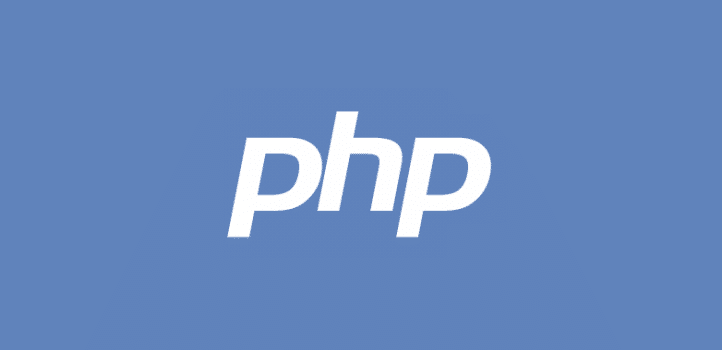Top 5 Programming Languages For JobSeekers
Learning an in-demand programming language, on the other hand, not only places you in well ahead of the pack, but employers will be falling over themselves to hire you. As a matter of fact, you might go on to become the next big name in the technology industry as these languages have a long and successful track record. Here are 5 best programming languages every aspiring programmer must learn to be viable in the job market.
1. Java
The official Java website claims that more than three billion devices run Java today. That makes the language one of the most ubiquitous programming language in the world. One reason why Java is so popular is due to its maturity. James Gosling, while working at Sun Microsystems (now Oracle Corporation), introduced Java to the world in 1995. It quickly gained a strong user base owing to its simplicity as a high-level language and ability to deploy across various devices without recompilation of the source code. Java comes with a runtime engine, dubbed the Java Virtual Machine (JVM) which allows any Java program or a program compiled into Java bytecode to execute on a computer with JVM installed. That means you can write a Java application and have it running on a mobile device, desktop, car, fridge, or a litany of devices with JVM installed. Moreover, Java supports multithreading, networking, and Unicode without the need for external libraries. That makes the language a powerful tool for computations that are network intensive or requiring complex analysis of data. For that reason, Java is one of the most popular languages in big data processing packages such as Hadoop and Apache Spark. You might already know big data and cluster computing are some of the most lucrative technology fields today. Learning Java places you on the fast track to etching your name in these fields. Read: 5 Best Programming Courses For Aspiring Java Programmers Lastly, new iterations of Java are backward compatible. That means a piece of code you wrote a few years later will work without having to recompile it years down the line, reducing the cost of code maintenance.
2. Python
Python is another language that’s been around long enough to mature into an efficient and productive platform for developing computer applications. The program was implemented in 1989 by Guido van Rossum as the successor of the ABC language. Over the last decade, Python has transformed into one of the fastest-growing programming languages with major technology companies such as Google using it in their core products. One of the main factors that propelled Python into mass popularity is its readability and flexibility. Python statements are as close to English as you can get with a computer programming language. That makes it one of the easiest programs for beginners to learn, hence reducing software production timeframes. Another aspect of Python that has made it a popular programming language is the fact that it comes with batteries included. If you want to develop a website, Python has the Django framework that has made stunning websites such as Instagram and YouTube possible. If you want to make artificial neural networks for deep learning, the TensorFlow or Theano libraries are more than enough. All these libraries and conveniences have made Python the go-to language for the financial and medical industry meaning you might work in these fields after you learn Python.
3. JavaScript
The internet as you know it would not have been possible without JavaScript. From humble beginnings as the engine for the Netscape Navigator web browser, JavaScript made the development of dynamic and interactive front-end web development possible. Since then, JavaScript has secured its place as one of the core Internet technologies. Almost every website today uses JavaScript. That means, if you learn JavaScript, you will never be out of a job as long as the demand for new websites continues. Also, Read: Top 5 Best Modern JavaScript Frameworks for Web and App Development Moreover, JavaScript made the transition from websites to desktop applications through the Node.js runtime engine. JavaScript applications are now poised to take over the desktop application space, and even the smartphone space in the near future.
4. PHP
PHP, much like JavaScript, emerged as a web programming language that made dynamic websites possible. As a server-side scripting language, PHP has made it possible to deliver dynamic content from a database to users for a fraction of the price. Websites such as Facebook, Yahoo, and Wikipedia use PHP due to its simplicity, its open source license, and interoperability with different platforms. For new programmers, PHP offers a low entry barrier because it is both simple to learn and accessible freely. A considerable number of websites use PHP for server-side logic and scripting, and the rising popularity of content management systems (CMS) based on PHP, learning the language means you will never be short of work.
5. C#
C# might be the last program on the list, but that does not mean it is any bit less important than the other languages on this list. Over the years, the language gained more functionalities and capabilities, making it a veritable rival to popular programming languages. C# brings the best of C and C++ languages to the modern world allowing for rapid development of Microsoft Windows applications and games. Moreover, the language is fast replacing other server-side languages for developing web applications that run on Windows servers. It comes with an extensive library that makes it a popular and in-demand language for both developers and employers alike.
